Two Penn State alumni–novelist James Charlesworth and poet Leah Huizar–will kick off this year’s Mary E. Rolling Reading Series. The reading is free and open to the public and will be held in Foster Auditorium in Paterno Library on Thursday, September 9, at 7:30 pm, as well as livestreamed.
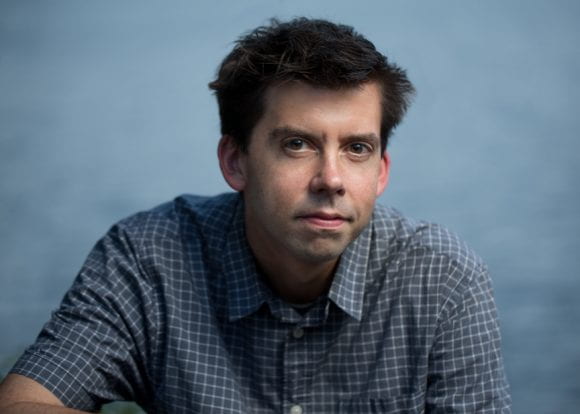 Originally from Pennsylvania, James Charlesworth earned a BA from Penn State University and an MFA from Emerson College in Boston, where he currently lives. His first novel, The Patricide of George Benjamin Hill, was published in 2019. Writer and reviewer Laura van den Berg calls it, “a vital debut novel, with thrilling plot and unforgettable characters. A brilliant send-up of American mythologies.” She further describes it this way: “When estranged siblings flock to their wealthy, scandalized father, the poisonous illusion of the American dream, of capitalism and conventional masculinity and familial betrayal, is powerfully exposed.” Charlesworth is a frequent contributor of music-related essays for marchxness.com, and his short fiction has appeared in Natural Bridge and was a finalist in Glimmer Train’s Short Story Award for New Writers. He is a member of the Advisory Board of the Writers Association of Northern Appalachia and a recipient of a Martin Dibner Fellowship.
Originally from Pennsylvania, James Charlesworth earned a BA from Penn State University and an MFA from Emerson College in Boston, where he currently lives. His first novel, The Patricide of George Benjamin Hill, was published in 2019. Writer and reviewer Laura van den Berg calls it, “a vital debut novel, with thrilling plot and unforgettable characters. A brilliant send-up of American mythologies.” She further describes it this way: “When estranged siblings flock to their wealthy, scandalized father, the poisonous illusion of the American dream, of capitalism and conventional masculinity and familial betrayal, is powerfully exposed.” Charlesworth is a frequent contributor of music-related essays for marchxness.com, and his short fiction has appeared in Natural Bridge and was a finalist in Glimmer Train’s Short Story Award for New Writers. He is a member of the Advisory Board of the Writers Association of Northern Appalachia and a recipient of a Martin Dibner Fellowship.
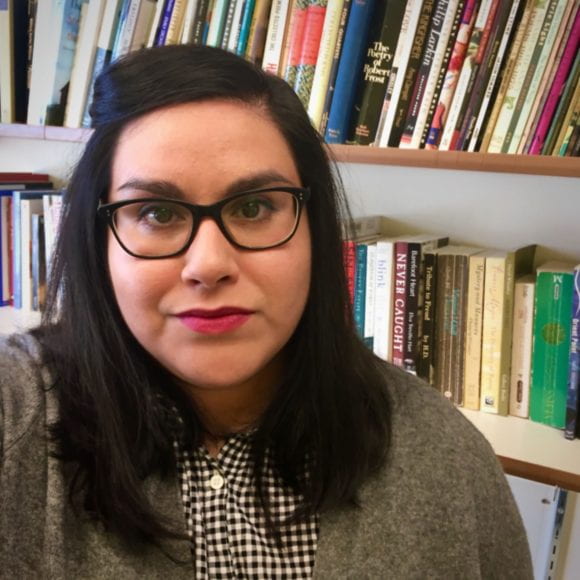 A writer and poet with an MFA from Penn State University, Leah Huizar is currently an Assistant Professor of English at Drake University in Iowa, where she teaches creative writing (poetry) with additional focus on Latinx poetics and literature. Originally from Southern California, Huizar’s writing draws on the cultural and historic landscapes of the West Coast and the ways in which colonization, faith, and gendered injustices have shaped it. Her work has been published in Nimrod International Journal, Crab Orchard Review, Acentos Review and elsewhere. Her debut collection of poems, Inland Empire, was published by Noemi Press (2019). About the collection, Penn State Professor Julia Spicher Kasforf writes: “in these exquisitely crafted lyrics, [Huizar] claims a place for herself in that fleeting repository of gilded dreams, California. Guided by desire and devotion to language, her search leads to landscapes ruled by 16th century Queen Calafia, the Virgin of Guadalupe, and La Llorona; haunted by migrations of the Indios and the labor of field hands; celebrated in the Grape Day Festival and holy eucharist.”
A writer and poet with an MFA from Penn State University, Leah Huizar is currently an Assistant Professor of English at Drake University in Iowa, where she teaches creative writing (poetry) with additional focus on Latinx poetics and literature. Originally from Southern California, Huizar’s writing draws on the cultural and historic landscapes of the West Coast and the ways in which colonization, faith, and gendered injustices have shaped it. Her work has been published in Nimrod International Journal, Crab Orchard Review, Acentos Review and elsewhere. Her debut collection of poems, Inland Empire, was published by Noemi Press (2019). About the collection, Penn State Professor Julia Spicher Kasforf writes: “in these exquisitely crafted lyrics, [Huizar] claims a place for herself in that fleeting repository of gilded dreams, California. Guided by desire and devotion to language, her search leads to landscapes ruled by 16th century Queen Calafia, the Virgin of Guadalupe, and La Llorona; haunted by migrations of the Indios and the labor of field hands; celebrated in the Grape Day Festival and holy eucharist.”
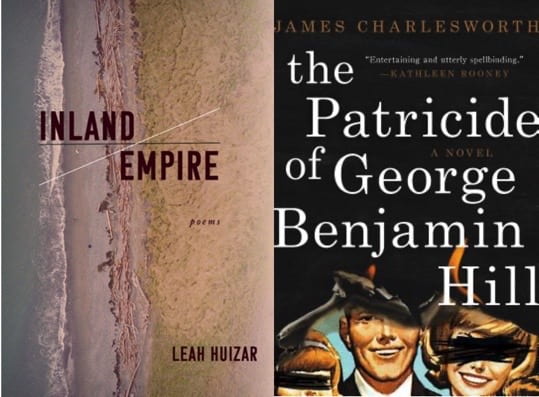
The Mary E. Rolling Reading Series is a program offered by Penn State’s Creative Writing Program in English. The series receives generous support from the College of the Liberal Arts; the Department of English; the Joseph L. Grucci Poetry Endowment; the Mary E. Rolling Lectureship in Creative Writing; and University Libraries. A full list of readings in the 2021-22 series, as well as links for livestreams and virtual readings, can be found at https://creativewriting.psu.edu/2021-22-reading-series/.


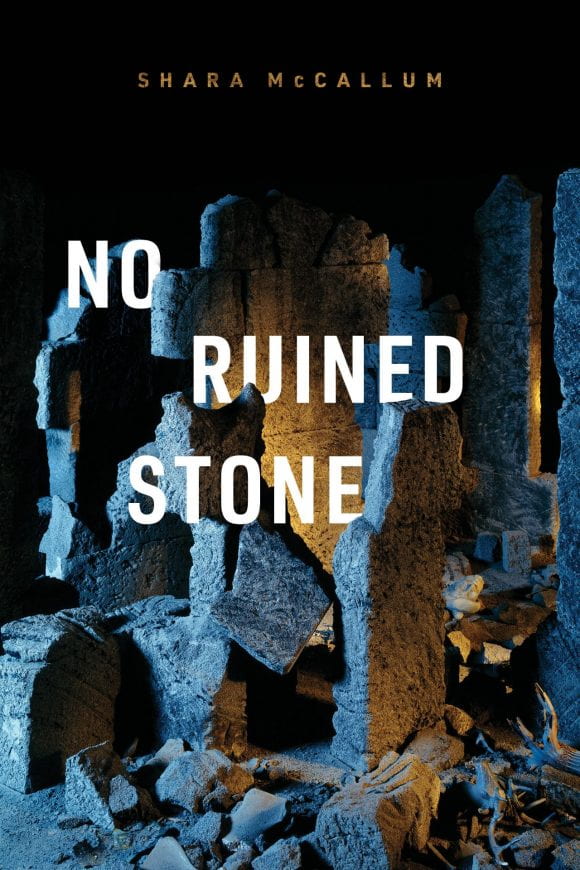


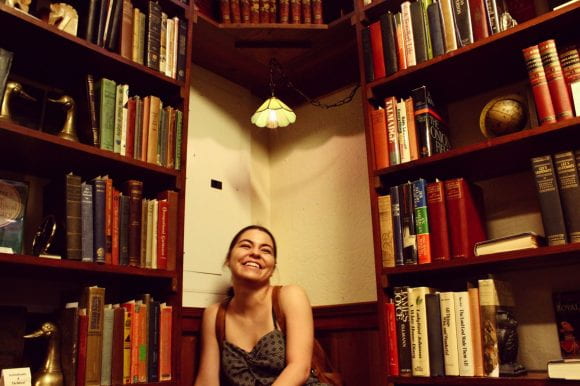
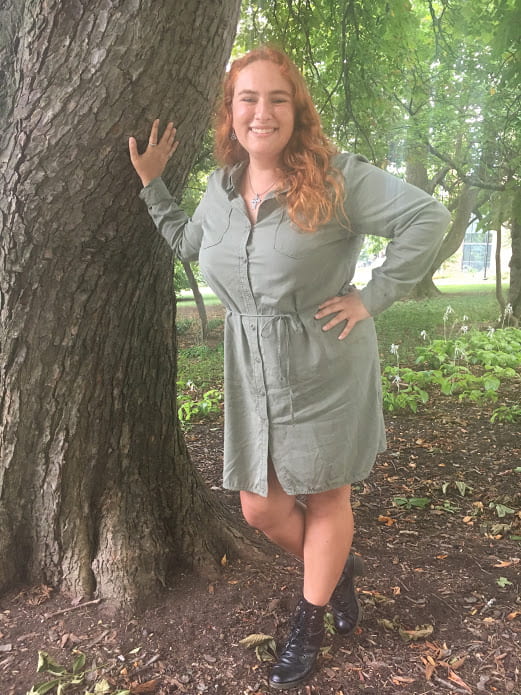

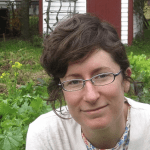
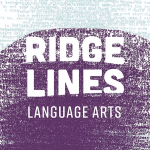 Even through the challenges of the pandemic, Penn State MFA grad and poet Abby Minor has unearthed creative ways to fulfill the mission of the organization she founded and directs,
Even through the challenges of the pandemic, Penn State MFA grad and poet Abby Minor has unearthed creative ways to fulfill the mission of the organization she founded and directs,  The 2020 Being Heard Window Visits booklet is now available! This special book features poems by Centre Crest nursing home residents covering everything from pandemic life on “lockdown” and elegies for friends to memories of haying in Julian and sneaking cigarettes in the garage. 2020 Being Heard booklets are free for Ridgelines donors as supplies last….(And if you’re not a donor yet, you can easily
The 2020 Being Heard Window Visits booklet is now available! This special book features poems by Centre Crest nursing home residents covering everything from pandemic life on “lockdown” and elegies for friends to memories of haying in Julian and sneaking cigarettes in the garage. 2020 Being Heard booklets are free for Ridgelines donors as supplies last….(And if you’re not a donor yet, you can easily 
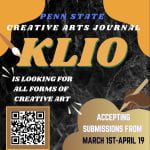 Students in ENGL 209/Literary Journal Practicum are hard at work creating the next edition of
Students in ENGL 209/Literary Journal Practicum are hard at work creating the next edition of 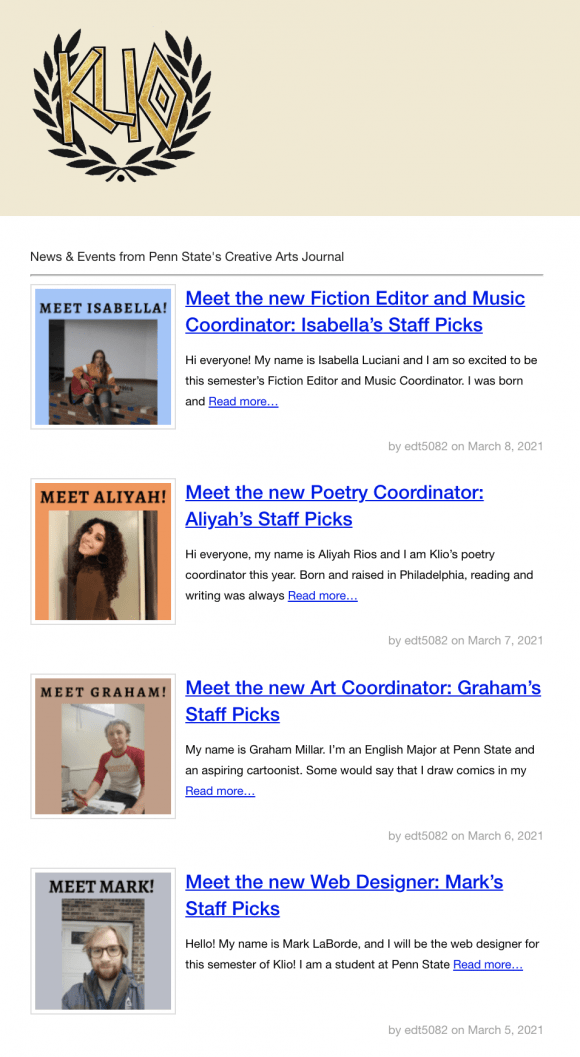
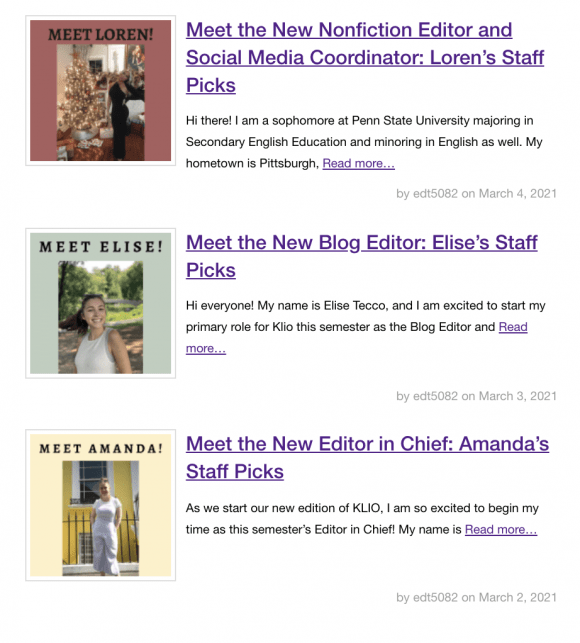


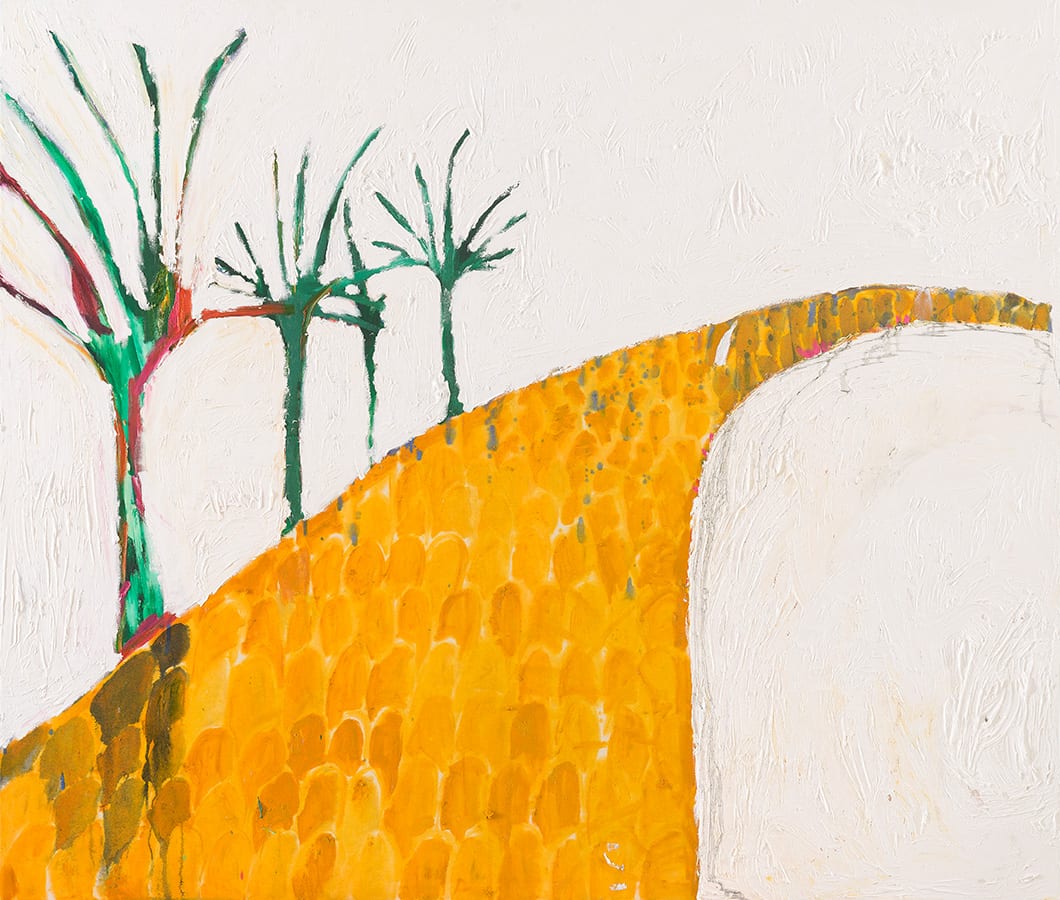


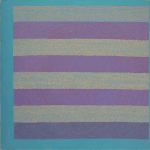
You must be logged in to post a comment.